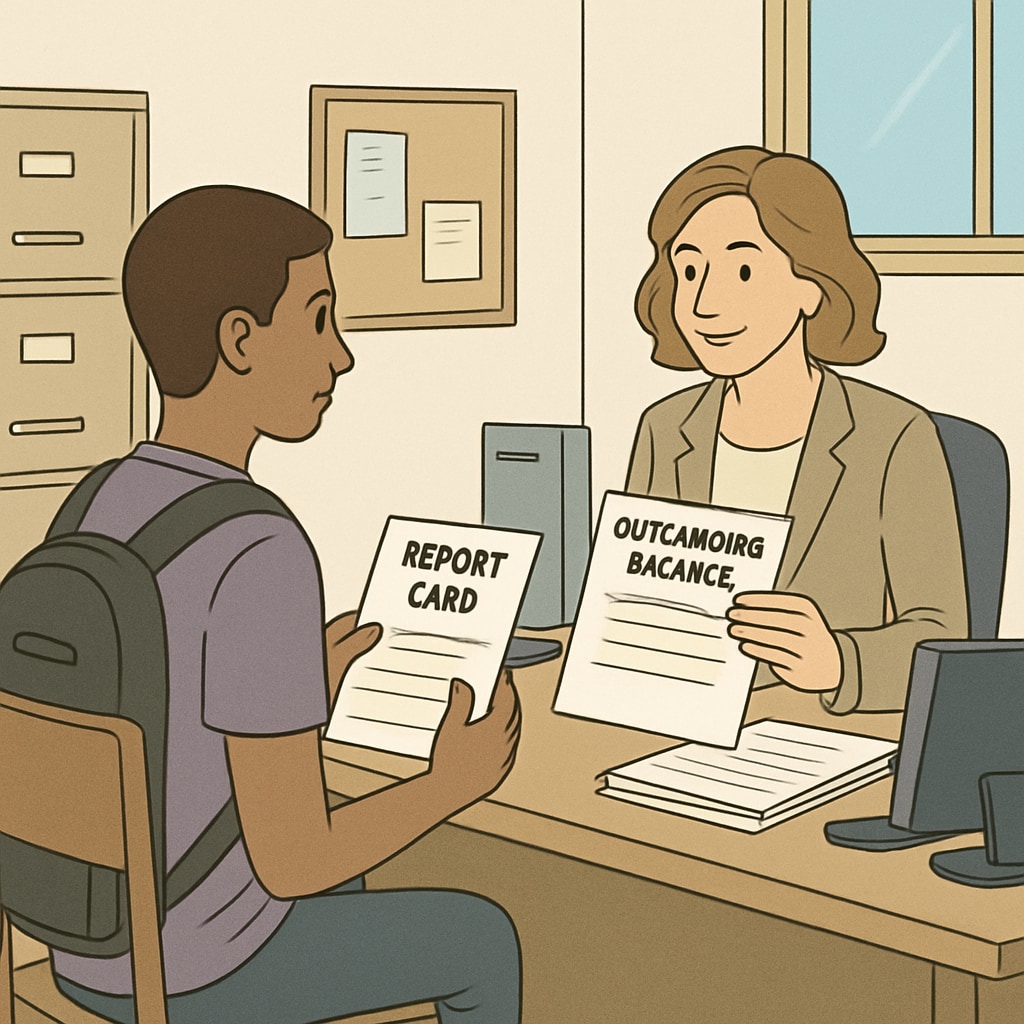Accessing report cards while carrying outstanding balances presents a significant challenge for many students, especially in K-12 education systems. This issue becomes even more critical when tied to academic milestones like PRC (Professional Regulation Commission) exams, which often require official documents for verification. The tension between upholding financial policies and ensuring students’ educational rights calls for a nuanced approach. In this article, we explore the challenges of accessing report cards under such constraints and discuss potential solutions to create a fairer system.
Institutional Financial Policies: A Barrier to Report Cards
Many educational institutions enforce policies that withhold report cards and other official documents from students with unpaid balances. While these policies aim to ensure timely payment of tuition and fees, they inadvertently penalize students who may already be in financial distress. The inability to access report cards can hinder students from applying for scholarships, transferring schools, or sitting for critical exams like the PRC.
For example, a student preparing for the PRC exams may be unable to proceed without submitting their academic records. Such situations create a cycle where financial hardship directly impacts academic and professional progress, further exacerbating socioeconomic disparities.

Balancing Financial Responsibility with Education Equity
Educational institutions face the dual responsibility of maintaining financial stability and promoting equitable access to education. On the one hand, schools rely on tuition and fees to fund operations, pay staff, and provide resources. On the other hand, withholding academic records disproportionately affects students from low-income families, potentially undermining their future opportunities.
To address this issue, some schools have implemented flexible solutions, including:
- Offering payment plans that allow families to settle balances over time.
- Providing conditional access to report cards for specific purposes, such as scholarship applications or PRC exam requirements.
- Creating emergency funds or scholarships to assist families in financial distress.
These measures aim to strike a balance between financial accountability and the fundamental right to education.

Exploring Systemic Solutions for Long-Term Impact
While individual schools can implement flexible policies, systemic changes are necessary to address the root causes of this issue. Governments, educational organizations, and community stakeholders can collaborate to establish frameworks that prioritize educational equity. Potential approaches include:
- Mandating laws that prevent schools from withholding report cards and other vital documents due to unpaid balances.
- Expanding access to financial aid programs and grants for low-income families.
- Encouraging partnerships between schools and local businesses to create community-funded scholarship programs.
In addition, raising awareness about the long-term impacts of denying access to academic records can help shift public opinion and influence policy changes.
The Path Forward: Ensuring Fair Access to Education
Addressing the issue of report card access amidst outstanding balances requires a collaborative and compassionate approach. By prioritizing educational equity and implementing creative solutions, schools can support students’ academic and professional aspirations without compromising financial stability.
Ultimately, the goal is to ensure that no student is denied opportunities due to circumstances beyond their control. As societies strive for greater fairness in education, balancing institutional needs with students’ rights will remain a critical challenge—and an opportunity for positive change.
Readability guidance: Short paragraphs, clear transitions, and lists have been used to enhance readability. Overuse of passive voice has been avoided, and the article maintains a professional yet accessible tone.


